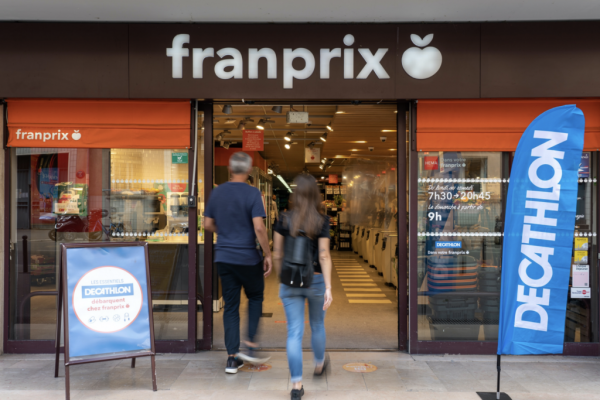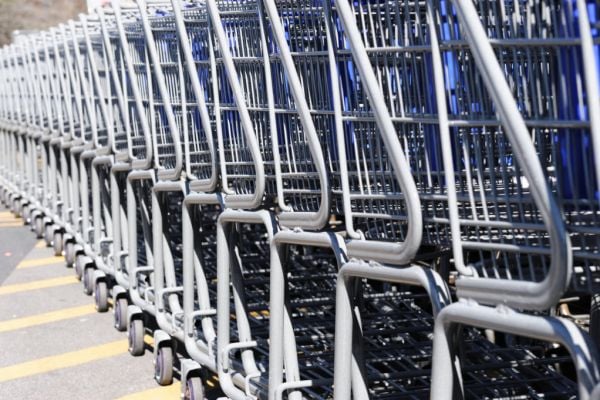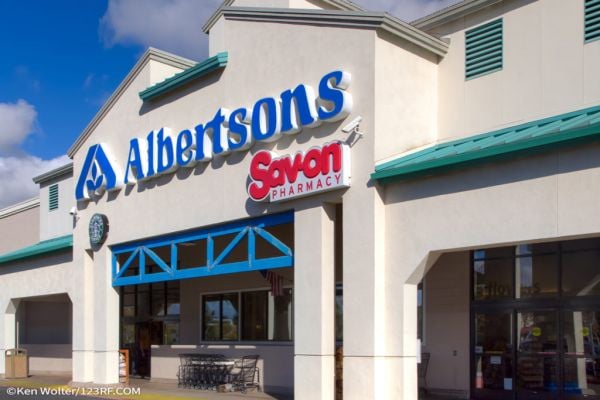Treasury Wine Estates Ltd. (TWE), maker of $900-a-bottle Grange, is planning to learn lessons from Coca-Cola Co. and Kraft Foods Group Inc. as it lifts advertising spending to arrest falling earnings.
The company will look to cut management costs and sell under-utilized wineries and packaging plants to raise cash to spend on marketing, Chief Executive Officer Mike Clarke said in an interview today. Clarke took over March 31 after 17 years at food and drink companies including Coca-Cola and Kraft.
“Our marketing spend has come down and that’s not healthy,” Clarke said by phone from Melbourne. “You cannot fuel or grow luxury and masstige brands without consumer marketing,” he said, referring to a category of mass-market prestige wines costing between about $10 and $30 a bottle.
Clarke is aiming to apply what he learned selling products including Oreo cookies, Philadelphia cheese, and Dairy Milk chocolate, as Treasury seeks to compete in Australia, where the two biggest supermarkets control 77 percent of retail wine sales. He joined the company after four of its top executives left amid a A$160 million ($149 million) writedown and reduced profit forecasts in the U.S., Australia and China.
“It’s very blinkered if people think you can’t learn from other industries,” Clarke said. The strategy needed to improve sales and profitability for Treasury “doesn’t just apply to wine, it applies to soft drinks, it applies to food, it applies to all the categories that our retail partners are actually trading in.”
Marketing Budget
Treasury’s marketing budget fell 22% last year to A$71 million, about 4% of revenue, according to the company’s latest annual report. That’s down from 5.5% of revenue in 2011, when the company whose brands include Penfolds, Beringer and Wolf Blass was spun off from Fosters Group Ltd.
Diageo Plc (DGE), the world’s biggest distiller, spent about 12% of revenues on marketing in 2013, according to data compiled by Bloomberg.
There’ll be a “big step up” in advertising and marketing spending from July, Clarke said.
Some of Treasury’s brands are failing and the company will have to decide what to do with them, Clarke said, without specifying whether any would be sold. The company’s U.S. assets could be worth about $800 million and Penfolds is probably worth at least A$3 billion, David Errington, an analyst at Bank of America Corp.’s Merrill Lynch unit, wrote in a Feb. 13 note to clients.
Americas Business
While any offer for the Americas business, which accounted for about 48% of bottles sold last year, would be considered, the unit isn’t slated for sale, Clarke said. An oversupply of outdated inventory, which led to the A$160 million writedown last year, will only be cleared in the year ending June 2015, he said.
“The United States can be a gem of a business and a great platform for growth,” he said. “I’m glad we’ve got it and I’m glad we’ve got a good leadership in the U.S. to address the turnaround.”
Treasury Wine shares rose 7.2%, the most since Feb. 28, 2013, to close at A$3.87 in Sydney today after the Australian Financial Review cited Clarke as saying on an analysts’ call he would consider selling the U.S. Beringer business.
Under previous chief executive David Dearie, Treasury had sought to capitalize on booming global demand for luxury goods by leasing premium vineyards in California’s Napa Valley and selling products such as a $168,000 trophy bottle of 2004 Penfolds Cabernet Sauvignon.
About 97% of the 382 million bottles it sold in 2012 went for less than $20 a bottle, Gabriel Wilson-Otto, a Melbourne-based analyst at Goldman Sachs Group Inc. wrote in a July 2 note to clients.
Treasury Wine’s Ebits, a measure of earnings before interest, taxes, the value of its vineyards, and one-time items totaled A$45.8 million in the six months to December, down 38% from a year earlier. The shares have fallen 34% since the writedown was announced July 15.
Bloomberg














